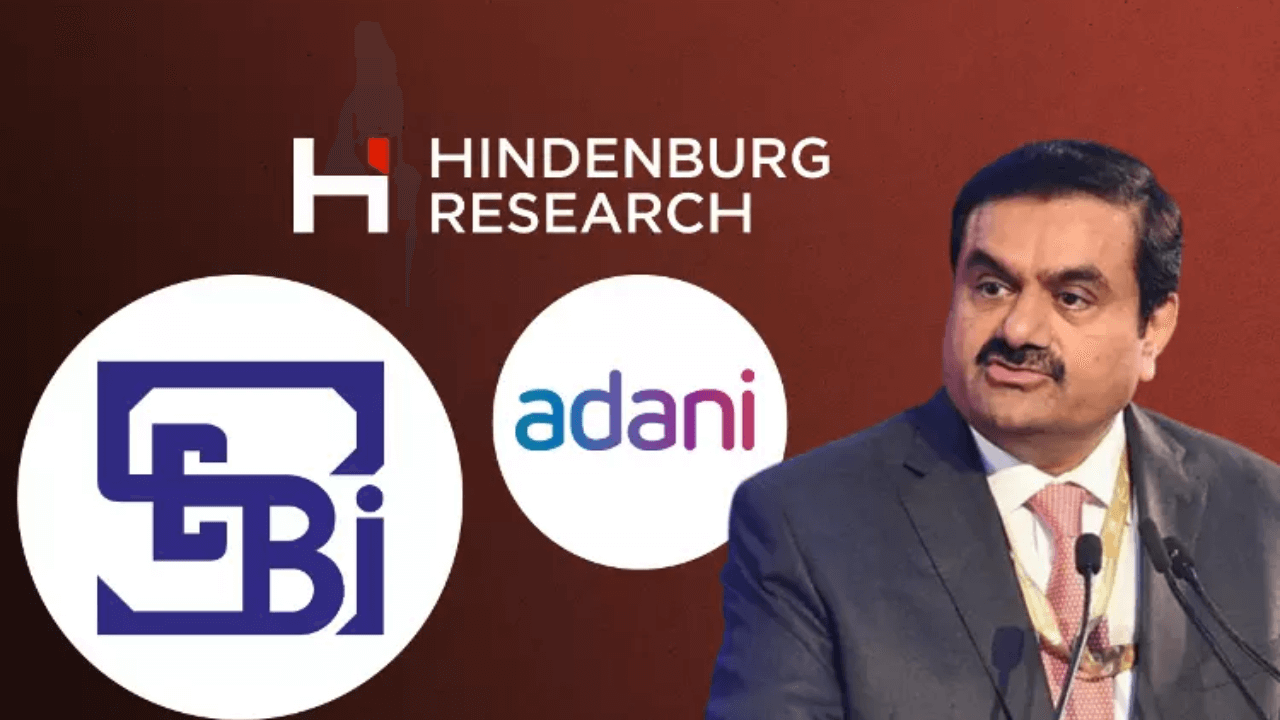The Expert Committee’s Assessment
The Supreme Court-appointed Expert Committee has provided an update on the Adani-Hindenburg controversy. The committee has stated that it is currently unable to determine if SEBI’s handling of the alleged securities law violation by the Adani Group and other companies constitutes “regulatory failure.”
Objectives of the Committee
The committee’s objective is to assess the situation and recommend measures to enhance investor awareness, strengthen the statutory framework, and ensure compliance with existing regulations.
Investigation Areas
The committee is investigating three specific areas of concern. Firstly, whether Rule 19A of the Securities Contracts (Regulation) Rules, 1957, regarding the minimum public shareholding, has been violated. Secondly, whether SEBI has been provided with all relevant information on transactions with related parties as required by law. And thirdly, whether there have been violations of existing laws through the manipulation of stock prices.
Findings and Further Investigation
The committee’s findings regarding Rule 19A depend on whether the 13 overseas entities have complied with the disclosure of their beneficial owners. SEBI has stated that there is currently no evidence to suggest that the listed “beneficial owners” are not genuine, which is crucial for identifying the “ultimate beneficial owners” and enforcing regulations. The committee acknowledges that more investigation is required and that SEBI is seeking additional time to probe further.
Importance of Effective Enforcement Policies
The committee emphasizes the need for an effective and consistent enforcement policy aligned with legislative policies to avoid wasting regulatory resources on retrospective actions. SEBI has an active surveillance framework and has found no evidence of artificial trading based on potential market abuse alerts for Adani stocks.
Background and Extension of Investigation
The Adani Group faced accusations of stock price manipulation and unethical behavior in a report by Hindenburg. The committee, led by former Supreme Court justice Justice AM Sapre, was established by the court to investigate the matter. SEBI requested a six-month extension to complete its investigation, citing the complexity of transactions.
Supreme Court’s Decision
The Supreme Court allowed SEBI until August 14, 2023, to conclude its investigation into the allegations against Adani Group firms made by a US-based short-selling firm. The court reaffirmed SEBI’s authority and instructed the regulatory body to provide a status report within the given timeframe.
- 3 August Current Affairs 2023 in English
- MoU Between Subroto Mukerjee Sports and Education Society and All India Football Federation (AIFF) to Promote Football at Grassroot Level
- Dr. Mansukh Mandaviya Delivers Keynote Address at the 13th Indian Organ Donation Day ceremony
- Education Ministry Forms Expert Panel on Anti-Discrimination in Higher Education
- Concerns Arise Over Cheetah Deaths at Kuno National Park
